

A project to promote and reclaim the traditional knowledge and landscape of the Alta Langa, carried out by the Training Workshops of the Banca del Fare.
The project, undertaken by the Banca del Fare department of the Matrice ETS Foundation, focuses on the recovery of the ancient knowledge, traditions and built landscape of the Alta Langa. The craftsmen, who are still able to build with stone, wood and ancient mortars, work in tandem with the students on the items to be recovered, teaching them the craft by means of on-site practice. This activity is carried out at Cascina Crocetta, a small hamlet granted right of use by the Municipality of Castelletto Uzzone. Thanks to the work of “La Venaria Reale” Conservation and Restoration Centre, Monesiglio Castle, suitably renovated, will become a “Community Castle”, geared to the needs and prospects for the development and enhancement of the village. The project also involves the tourist promotion of the territory through pictorialism-style photography, urban design and the creation of brand identity and merchandising involving the work of a young Spanish artist, collectives and studios of designers and architects. Moreover, in the spirit of promoting the territory and recovering old traditions, courses are being organised, in collaboration with the Turin University Apostolate and Pastoral Care Office, to encourage the digitisation of all manual experience with regard to traditional skills. In this way, technology, innovation and ancient knowledge all interact, generating new opportunities for the future.

Nega-so project. The active engagement of young people in the socio-cultural and environmental field.
The project has been developed in the Municipality of Dronero (CN), at the gateway to the Maira Valley, in an area characterised by Occitan tradition and featuring a considerable number of people from migrant backgrounds. Starting from the connections between the migratory history of the Occitan peoples, who were forced to relocate for economic reasons, and that of the many people who are currently forced to leave their own countries, the project launches initiatives to link up schools and families in support of foreigners. It also promotes cultural initiatives in the local comprehensive school, encouraging the participation and inclusion of students and their parents in the reinterpretation of the present and the past of their own area. To date, activities have involved about 400 people, 170 of whom are students, with positive results in terms of both the involvement of minors and contact with families. Considering the positive results achieved so far, the project is continuing, to extend the cultural outreach and awareness-raising activities already piloted to a larger number of classes and continuing the experience of the school-family information desk.
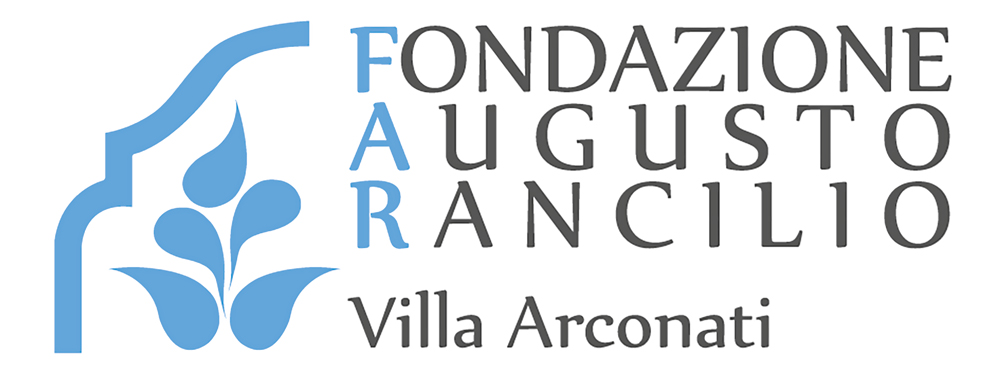
Continuation of project for the restoration and valorisation of the historic Villa Arconati.
The Augusto Rancilio Foundation (ARF) is a non-profit cultural association founded in 1983 in memory of the architect Augusto Rancilio, who died tragically at the age of only 26. Alongside its original purpose of study and research in the fields of Architecture, Design and Urbanism – with particular attention to young people and their integration into the world of work – ARF now promotes the conservation and the promotion of its institutional headquarters, Villa Arconati-ARF in Bollate, a seventeenth-century Villa set amid greenery just outside Milan. Since years the Foundation operates by promoting cultural initiatives, national and international relations and links, as well as an important project for the restoration of the Villa and its garden. Its objective is not only to restore this heritage to the community, but to valorise today, in a contemporary and international perspective, its identity as a place of Architecture and the Arts, which in the past was known as the “Versailles of Milan”. The restoration works continue with the aim of giving new life to forgotten areas of the Villa, including the Cantinone, a place of particular charm, unchanged over the centuries, which after the renovation will be open to the public and will host cultural activities and events promoting food and wine for the benefit of an area that is very committed to such matters.
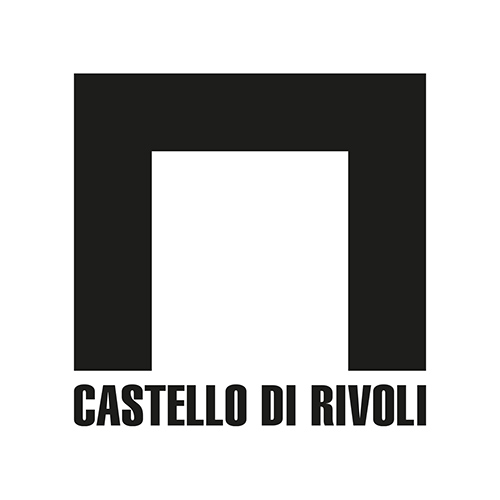
The power of art combined with nature, science and technology. A pathway towards contemporary art and sustainability for children and families.
The Education Department of Rivoli Castle has long developed numerous projects on a global scale to promote the culture of environmental sustainability through the experience of art, in tune with the work of contemporary artists. In this respect, it intends to launch a specific new proposal aimed at young people, families and the very young, focusing on the relationship between humanity and nature, art, science, energy and sustainability. This also ties in with the Olafur Eliasson exhibition at the Rivoli Castle and his project at the Grinzane Cavour Castle. Contemporary art engages with science and promotes a more sustainable use of energy and the planet’s resources in general, as noted by Eliasson, who was appointed Goodwill Ambassador for Climate Action and the Sustainable Development Goals (SDGs) by the United Nations in 2019. The project will use an artistic approach to explore all new forms of experimental energy production. The educational proposal is in tune and in line with the vision of many contemporary artists, including Michelangelo Pistoletto with his project Terzo Paradiso (Third Paradise): the sign-symbol, first traced out by the artist at the 2005 Venice Biennale, which reconfigures the mathematical sign of infinity, to promote new connections and a new balance between opposing polarities such as nature/artifice, production concerns and environmental protection. The project aims to be an introduction to civic and environmental education, at the crossroads of art, science and technology, which has always been a fundamental part of the Education Department’s mission.
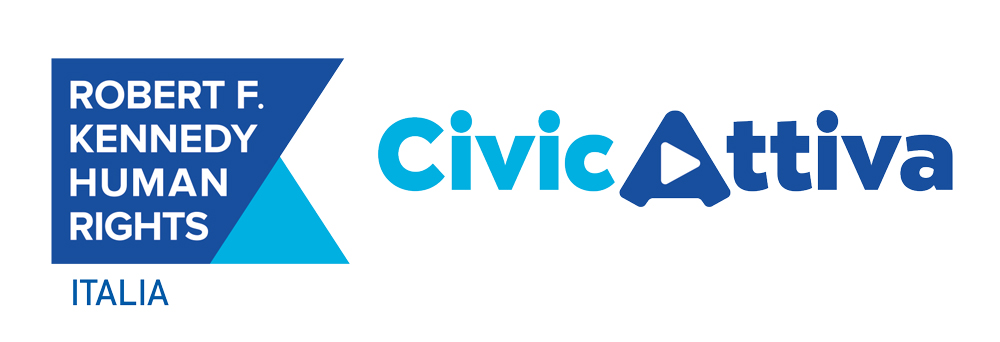
Free course on civic education for schools.
CivicAttiva is a national project that provides teachers (and, through them, students) with suggestions on how to approach the teaching of civic education focused on active citizenship. The course is devised and run by Robert F. Kennedy Human Rights, a non-profit organization created in 1968 by the friends and the family of Senator Robert F. Kennedy, to carry on his moral legacy and realize his dream of a more fair and peaceful world, in collaboration with other third-sector bodies. The course is addressed to teachers at schools at all levels and consists of 20 modules structured as follows: a module 0 introducing the course and the Constitution and international charters; 17 modules each dedicated to a sustainable development objective of the United Nations 2030 Agenda. Each objective will be analysed through the conceptual cores of Law 92/2019 by means of video lectures, in-depth videos and helpful materials, some of which are also in English and French. Module 18 contains learning units on civic education, divided by school grade, while the last module contains useful materials, including international charters, bibliographies and sitographies. CivicAttiva brings civic education back to the school. The sustainable development objectives provide the ideal context for reflecting collectively on what it means to be respectful of the rights of each and every person, including environmental rights, especially in such a difficult historical moment as the one we are currently going through.
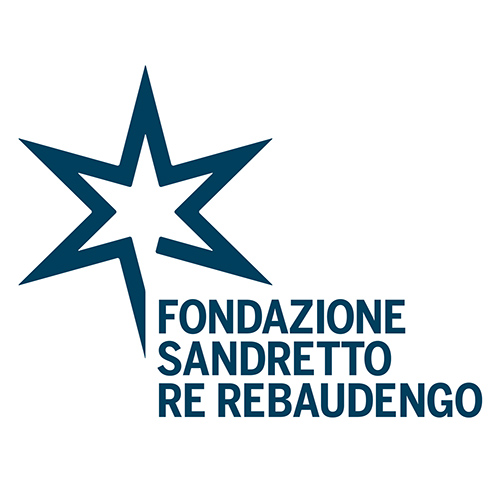
New forms of life. An educational awareness-raising course on cultural heritage for children between 5 and 12 years old.
The Educational Department of the Sandretto Re Rebaudengo Foundation develops and implements activities targeted at schools, young people, adults, teachers, families and people with disabilities. The concept and methodological approach focuses on reading a work of art as a starting point for an independent reworking of its contents, as well as listening to the needs of the public, first and foremost children, in both scholastic and family contexts. The Education Department has substantial experience in this sphere and a methodological approach that is sensitive to the educational needs of young people. With the conviction that art can be a genuine instrument of knowledge and social transformation, the Education Department of the Sandretto Re Rebaudengo Foundation is launching the project Nuove forme di vita (New Forms of Life). It is aimed at nursery and primary schools in the Guarene area, to promote contemporary culture and raise awareness among children and their families of the importance of safeguarding the heritage and protecting the environment. The overall aim of the project is to promote the protection and conscious fruition of the territory through contemporary art while respecting the landscape, biodiversity, the environment as a whole and culture. The active involvement of girls and boys is intended to cement relations with the community (citizens, municipalities, institutions and schools), build new social ties and encourage civic participation in cultural life. The instruments the project is based on are art and play. Art helps to interpret and process reality through metaphorical language, to recount and invent stories, while play activates the perception of the self in relation to others, while respecting the community.
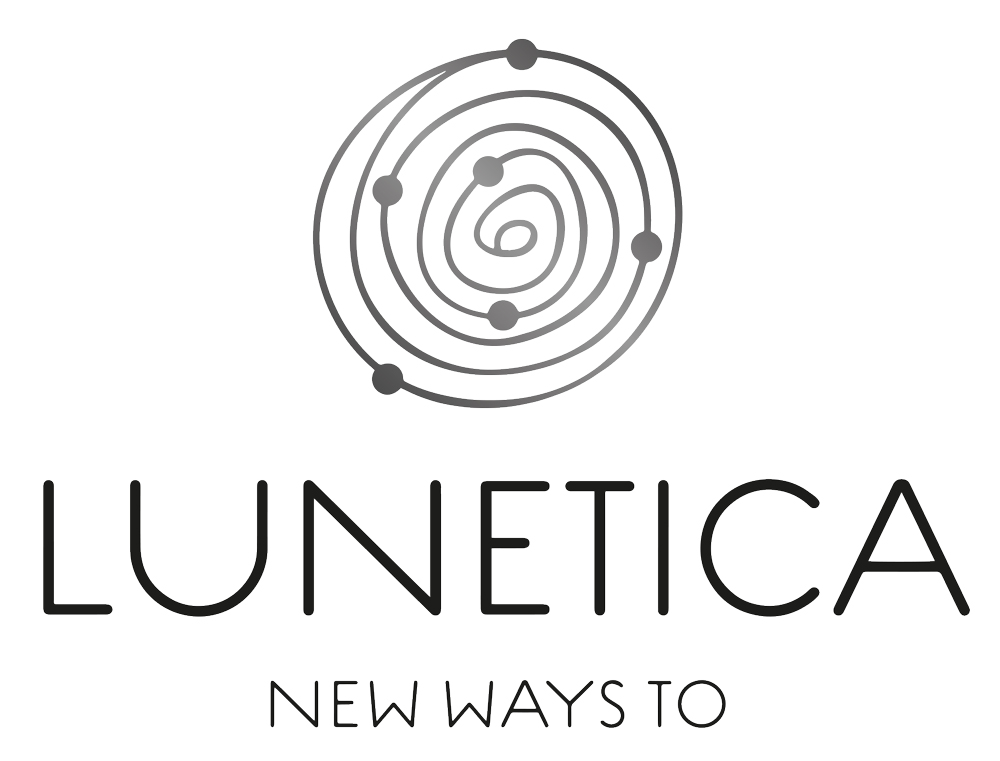
“Scuola di quartiere – RELOADED” Project.
The aim of the Scuola di Quartiere (Neighbourhood School) – RELOADED project is to pilot a teaching methodology that will support pupils with social and behavioural difficulties, increasing in both quantitative and qualitative terms the educational opportunities and experiences available to educationally disadvantaged children. It will provide them with the right tools for their educational development, aimed at guaranteeing the same level of skills for all as they leave school, with a view to obtaining substantial fairness and equality. This will be achieved mainly through three areas:
– pedagogical and educational support to children in situations of distress and who show difficulties at school caused by their background or non-compliant behaviour
– the organisation of extracurricular activities of non-formal education, which support the development of basic skills both scientific and linguistic L-1, as well as the life skills of creativity, problem-solving and teamworking with a view to combating social inequality, nurturing capabilities and promoting good health
– the implementation of cultural mediation initiatives, to boost the school/family relationship and support social integration.
The project will have the educational community as a model of intervention. The general objective is to facilitate the harmonious development of the individual and the full realisation of their potential as well as the total fulfilment of their cognitive, expressive, communicative and relational needs, encompassing also coexistence, identity, sense of belonging and meaning
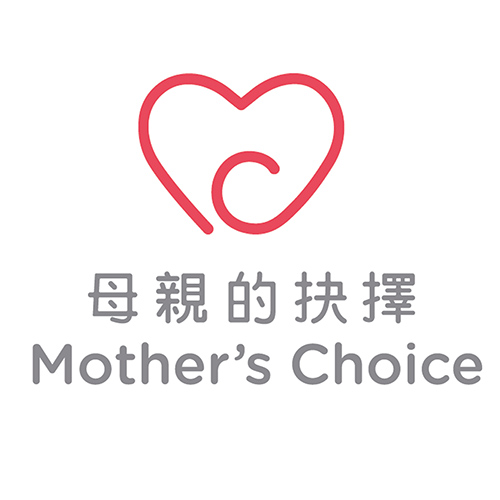
Support project for pregnant teenagers in Hong Kong.
In 1986, a series of newspaper articles reported on the alarming number of teenage pregnancies in Hong Kong. This prompted Gary and Helen Stephens and Ranjan and Phyllis Marwah to set up Mother’s Choice. With their hearts devoted to service, love for the city of Hong Kong and the support of many in the community, they opened the doors to Mother’s Choice in 1987. The passion to provide loving, non-judgmental support to the many pregnant teenagers who had no one to turn to has been broadened to provide educational care for children without families and to be a voice of help for them. The vision of Mother’s Choice is bold, but by working together it can be achieved.
Anew feature of the second edition of Barolo en primeur is the inclusion, in addition to the auction of the 15 barriques, of numerous lots from local municipalities, the proceeds of which will go entirely to the Oenological School of Alba, a unique institution founded over 140 years ago and flagship of the local area. In line with its educational and commercial aims, the vineyards that the school has at its disposal between the territories of Alba and Grinzane Cavour represent the ampelographic basis of the Alba area and Piedmont region, enhanced by the presence of some of the most representative Italian and international cultivars. The students, technicians and teachers, as part of laboratory teaching activities, take an active part in the cultivation of the Institute’s vineyards and follow the transformation of grapes into wine in an experimental cellar. The wine cellar, located on the estate, is provided with the relevant equipment that allows almost all the grapes produced on the estate to be vinified in a targeted and diversified manner. The winery, the experimental cellar, as well as the laboratory for analysis and micro-vinification, are essential facilities for training all-round professionals, capable of working productively in the general agricultural field, with specific skills in viticulture and oenology.